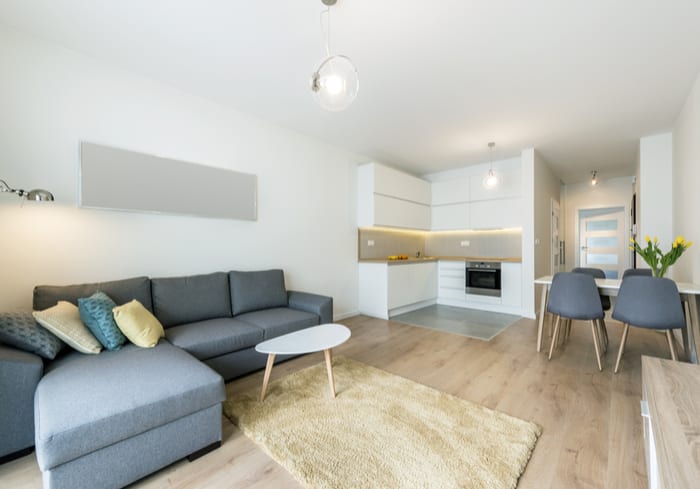Recharge On The Flexible Hotel, Home Stay

Travel startups are seeing the need for lodging in a whole new way. In addition to renting a hotel room or home share for a faraway vacation, Recharge CEO Manny Bamfo thinks consumers might also need lodging closer to home. “The bottom line is that oftentimes, most of us are on a journey every single day when we leave the house,” Bamfo told PYMNTS in an interview. “Sometimes we’re away from home for 10, 12 – even 14 hours a day.”
As consumers go about their days, they might need a place to relax even when they are not hundreds or thousands of miles from their homes. For such occasions, startups like Recharge have set out to let customers pay for the time they need at 4- and 5-star hotels by the minute instead of by the night. Bamfo said consumers are using the company’s services to rest in bed, check email and maybe watch a little television before tackling the rest of the day.
Now, the platform is moving beyond hotel rooms, by letting people stay in private homes through a service dubbed Recharge Homes. Bamfo said the offering is in response to customers who wanted more options to rest during the day. To use the service, customers can look up Recharge in the App Store or visit the company’s website to check the inventory, pricing and location of hotel rooms and private rooms.
Beyond rest and relaxation, Bamfo sees various use cases for his service. For instance, a consumer might need to hop on a conference call and not be in the best place to take that call (i.e., a coffee shop). With Recharge, consumers can use quiet space for a short amount of time to make the call.
The Business Model
Bamfo compares his service’s business model to Rent the Runway, which has an unlimited plan that lets consumers borrow clothes and exchange them whenever they desire. With the traditional hotel or home share, consumers are locked into using rooms at specific times: They might have to check out at noon or check in at 6 p.m. But, similar to how Rent The Runway lets customers trade clothes whenever they want, Recharge provides flexibility in its pricing model. The platform bills by the minute, so a consumer pays only for the time that he or she needs.
Consumers can use their credit or debit card, as well as the option of a digital wallet through Apple Pay. And on the other side of the marketplace for Recharge Homes, Bamfo said the host receives a certain floor for each booking and then an additional revenue share. They are paid via an automated clearing house (ACH) deposit, and payments are made on a weekly basis. The payment offerings come as 15 percent of travel companies have attempted new payments innovations in the past three years, according to the PYMNTS Travel Payments Study.
When it comes to the market for his service, Bamfo said consumers are moving around, taking more gigs and taking on more projects in the current day. But, as he said, “You find yourself in these in-between moments where Starbucks just doesn’t cut it.” At the same time, Bamfo said consumers are becoming more amenable to the home sharing economy as his company rolls out the service in San Francisco, New York and Los Angeles – and innovating the hotel and home share pricing model in the process.